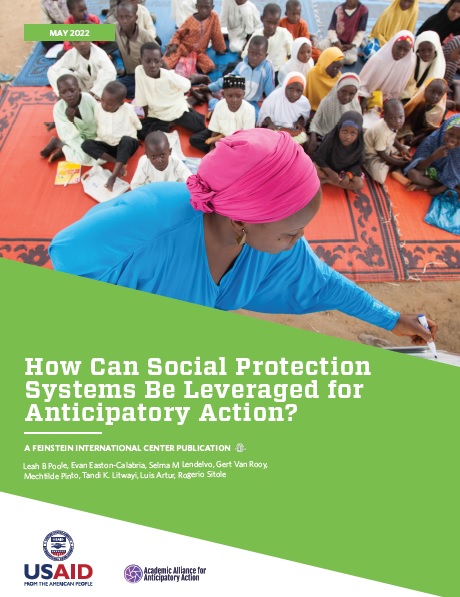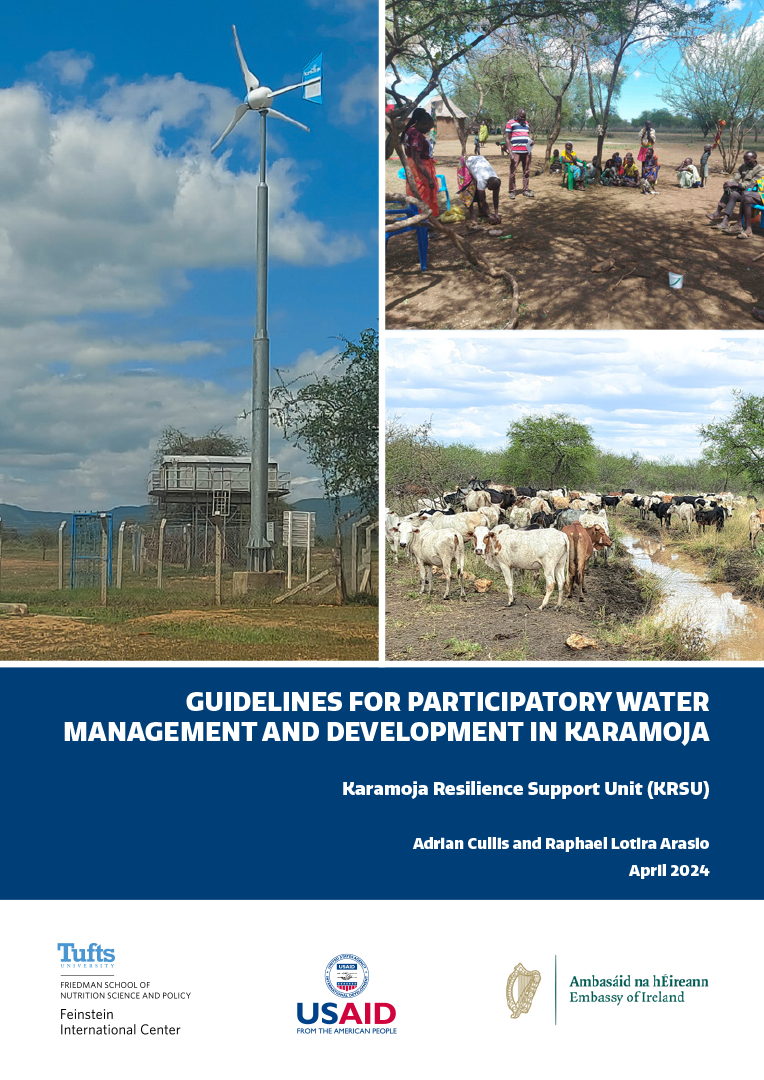The humanitarian sector is increasingly working to make social protection systems more adaptive so that they can scale up or out in the face of a hazard. For example, prior to an extreme weather event social protection systems should be able to provide cash or other in-kind support to enable people to prepare. Despite the efforts to improve these systems, we have little evidence about linkages between social protection systems and anticipatory action, particularly in specific country contexts. To this end, we need to examine existing social protection systems in hazard-prone countries to collect lessons learned and recommendations on how social protection systems could be best used to inform or implement anticipatory action.
This literature review is divided into four parts. First is a global overview of social protection systems and their main functions, including newer types of systems that seek to address shocks related to climate and other hazards. The second and third sections provide country snapshots of social protection systems and still-nascent efforts to link them to existing anticipatory action in Mozambique and Namibia. Each country snapshot explores both what is known and what remains to be researched. The fourth section discusses key take-aways and recommendations for humanitarian, government, and other actors interested in learning from social protection systems to inform anticipatory action today and in the future.
This review was undertaken to inform the work of the Academic Alliance on Anticipatory Action (4As), a consortium of universities around the world seeking to inform and enhance anticipatory action. The 4As Consortium is funded by USAID and led by Tufts University in partnership with Bangladesh University of Engineering and Technology, Eduardo Mondlane University in Mozambique. Makerere University in Uganda, the National University of Lesotho, University of Namibia, and University of the Philippines.







